Having a successful investment portfolio is a dream for every investor. To achieve this, it's important to know your investment goals and align your investments accordingly.
This includes dividing them based on their time frames for better planning. Short-term investments need to be liquid, while medium-term investments, like those for 5 years, should balance liquidity and growth. If you're looking for investment options for a 5-year period, here are some popular choices to start your investment journey.
The list of popular investment options with a tenure of 5 years has both traditional as well as dynamic investment options to cater to every category of investors.
ELSS (Equity Linked Savings Scheme)
ELSS is a type of mutual fund that has a 3-year lock-in period and offers tax benefits under Section 80C up to Rs. 1,50,000. It also provides exemptions on long-term capital gains up to Rs. 1,00,000; gains beyond this are taxed at 10%. ELSS, along with other mutual funds, offers flexible investment options like SIPs, making them accessible for investors with limited capital.
NSC
The National Savings Certificate (NSC) has become a popular investment choice recently. This government-backed savings scheme offers fixed income and tax savings for residents in India. With a fixed tenure of 5 years, it provides an annual interest rate of 7.7%. You can start investing in NSC with as little as Rs. 1,000, and there's no upper limit on how much you can invest. The scheme also offers tax benefits under section 80C, allowing deductions up to Rs. 1,50,000. However, the interest earned from NSC is taxable.
Post Office Time Deposit
The Post Office Time Deposit scheme is open to all Indian citizens over the age of 10, with guardians able to invest on behalf of younger children. The minimum deposit is just Rs. 1,000, making it accessible to many. This scheme is designed to reach even rural and remote areas of India. It offers tax-saving benefits under Section 80C and allows flexible lock-in periods. Investors can withdraw funds as needed, and interest can be received in cash or by cheque. The return rates range from 6.9% to 7.7%, depending on the investment amount, with a maximum investment limit of Rs. 1,50,000.
FDs, and RDs
Bank Fixed Deposits (FDs) and Recurring Deposits (RDs) are traditional but attractive options for medium to long-term investments. With recent interest rate hikes, these options are becoming more popular among all age groups, especially seniors who receive extra interest from banks. FDs and RDs offer flexible investment terms and tax benefits with 5-year tax-saving FDs, which allow deductions under section 80C up to Rs. 1,50,000 but have a 5-year lock-in period. However, the interest earned from FDs and RDs is taxable according to the investor's applicable tax rate.
ULIPs (Unit Linked Insurance Plans)
ULIPs combine life insurance with investments in equity and debt funds. Part of the premium goes towards life insurance, and the rest is invested. They provide financial security and liquidity, with tax benefits under Sections 80C and 10(10D). ULIPs have a 5-year lock-in period and allow switching between investment funds. They are available to resident Indians aged 7 to 70 years.
FMPs (Fixed Maturity Plans)
FMPs are close-ended debt mutual funds with fixed tenures of 1 to 5 years, investing in fixed-income instruments like government and corporate bonds. They offer predictable returns and are suitable for low to moderately risk-averse investors. FMPs have preset maturity dates and come with a lock-in period. Those with tenures over 3 years enjoy tax advantages, with interest taxed as long-term capital gains at 20% of the indexed value.
When selecting a 5-year investment plan, it's crucial to set clear financial goals, assess future expenses, and ensure they match your financial capacity. Investors should also consider factors like dependents, current insurance coverage, risk tolerance, anticipated returns, the reputation of the provider, and the terms and conditions of the plan to make an informed decision.
(This article is part of IndiaDotCom Pvt Ltd’s Consumer Connect Initiative, a paid publication programme. IDPL claims no editorial involvement and assumes no responsibility, liability or claims for any errors or omissions in the content of the article. The IDPL Editorial team is not responsible for this content.)
![submenu-img]() Vicky Vidya Ka Woh Wala Video: 90s' news readers Rajkummar Rao, Triptii Dimri announce ‘parivarik’ film in hilarious way
Vicky Vidya Ka Woh Wala Video: 90s' news readers Rajkummar Rao, Triptii Dimri announce ‘parivarik’ film in hilarious way![submenu-img]() Weather Update: IMD predicts rainfall in Delhi till this day; issues red alert for these states; check full forecast
Weather Update: IMD predicts rainfall in Delhi till this day; issues red alert for these states; check full forecast![submenu-img]() After Shakib Al Hasan, Ex-Bangladesh captain Mashrafe Mortaza booked for...
After Shakib Al Hasan, Ex-Bangladesh captain Mashrafe Mortaza booked for...![submenu-img]() AlphaVision Management Consultants LLP Aims to Propel India's Economy to $5 Trillion Milestone
AlphaVision Management Consultants LLP Aims to Propel India's Economy to $5 Trillion Milestone![submenu-img]() Premium Pet House Sells 300 Golden Retriever Puppies In August; Addresses The Breed’s Increasing Demand In India
Premium Pet House Sells 300 Golden Retriever Puppies In August; Addresses The Breed’s Increasing Demand In India![submenu-img]() J-K Elections: जम्मू-कश्मीर में अब तक किन पार्टियों की रही हैं सरकारें, कौन रहा सबसे ज्यादा समय तक सीएम?
J-K Elections: जम्मू-कश्मीर में अब तक किन पार्टियों की रही हैं सरकारें, कौन रहा सबसे ज्यादा समय तक सीएम? ![submenu-img]() UP News: यूपी में भेड़ियों के बाद अब बाघ का आतंक, खौफ में 50 गांव, इस 'आदमखोर' ने ली 4 लोगों की जान
UP News: यूपी में भेड़ियों के बाद अब बाघ का आतंक, खौफ में 50 गांव, इस 'आदमखोर' ने ली 4 लोगों की जान ![submenu-img]() Delhi News: 'दिल्ली में नियुक्त किए जाएं बस मार्शल', आतिशी ने एलजी को क्यों लिखा ये लेटर
Delhi News: 'दिल्ली में नियुक्त किए जाएं बस मार्शल', आतिशी ने एलजी को क्यों लिखा ये लेटर![submenu-img]() Army के दो अफसरों के साथ लूटपाट, महिला दोस्तों के साथ गैंगरेप, रात में पिकनिक बनाने निकले थे ये लोग
Army के दो अफसरों के साथ लूटपाट, महिला दोस्तों के साथ गैंगरेप, रात में पिकनिक बनाने निकले थे ये लोग![submenu-img]() कर्नाटक में गणेश विसर्जन के दौरान भड़की सांप्रदायिक हिंसा, कई दुकानें, मोटरसाइकिलें �आग के हवाले, ऐसे शुरू हुआ विवाद
कर्नाटक में गणेश विसर्जन के दौरान भड़की सांप्रदायिक हिंसा, कई दुकानें, मोटरसाइकिलें �आग के हवाले, ऐसे शुरू हुआ विवाद![submenu-img]() This car sets new Guinness world record for becoming longest driving EV on a single charge; it cost Rs…
This car sets new Guinness world record for becoming longest driving EV on a single charge; it cost Rs…![submenu-img]() MG Windsor EV launched in India: Check price, features, design of India’s first ‘CUV’
MG Windsor EV launched in India: Check price, features, design of India’s first ‘CUV’![submenu-img]() Nikhil Kamath-backed company to compete with Ola Electric as it plans to launch…
Nikhil Kamath-backed company to compete with Ola Electric as it plans to launch…![submenu-img]() Auto giant gifts Olympic medallist Manu Bhaker this car, it costs Rs...
Auto giant gifts Olympic medallist Manu Bhaker this car, it costs Rs...![submenu-img]() Union Minister Nitin Gadkari says this big carmaker ignored his advice on EVs, 'now they've…'
Union Minister Nitin Gadkari says this big carmaker ignored his advice on EVs, 'now they've…'![submenu-img]() Meet Alankrita Shakshi, hired for record-breaking package at Google, not from IIT, IIM, her whopping salary is…
Meet Alankrita Shakshi, hired for record-breaking package at Google, not from IIT, IIM, her whopping salary is…![submenu-img]() Meet woman who left high-paying engineering job to crack UPSC exam, got AIR 6 with self-study, she is now posted as…
Meet woman who left high-paying engineering job to crack UPSC exam, got AIR 6 with self-study, she is now posted as…![submenu-img]() Meet man, who was forced to marry at 11, had first child at 20, cracked NEET exam in 5th attempt, he is now...
Meet man, who was forced to marry at 11, had first child at 20, cracked NEET exam in 5th attempt, he is now...![submenu-img]() Meet woman, who worked as an assistant professor, cracked UPSC exam in fifth attempt, got AIR...
Meet woman, who worked as an assistant professor, cracked UPSC exam in fifth attempt, got AIR...![submenu-img]() Meet Indian genius who completed PhD at 21, became IIT professor at 22, was sacked from job after few years due to...
Meet Indian genius who completed PhD at 21, became IIT professor at 22, was sacked from job after few years due to...![submenu-img]() BSF Jawan Injured As Pakistan Violates Ceasefire Near LoC Days Before Jammu Kashmir Elections 2024
BSF Jawan Injured As Pakistan Violates Ceasefire Near LoC Days Before Jammu Kashmir Elections 2024![submenu-img]() Rahul Gandhi US Visit: Rahul Gandhi Criticizes BJP And RSS At National Press Club, US | INDIA
Rahul Gandhi US Visit: Rahul Gandhi Criticizes BJP And RSS At National Press Club, US | INDIA![submenu-img]() Kolkata Doctor Case: ED Reveals Properties Of RG Kar Ex-Principal Sandip Ghosh Found In Raids
Kolkata Doctor Case: ED Reveals Properties Of RG Kar Ex-Principal Sandip Ghosh Found In Raids![submenu-img]() Manipur Violence: Curfew Imposed In Three Manipur Districts Amid Drone, Rocket Attacks By Insurgents
Manipur Violence: Curfew Imposed In Three Manipur Districts Amid Drone, Rocket Attacks By Insurgents![submenu-img]() Kolkata Doctor Case: Victim's Mother Blasts CM Mamata Banerjee's 'Insensitive' Durga Puja call
Kolkata Doctor Case: Victim's Mother Blasts CM Mamata Banerjee's 'Insensitive' Durga Puja call![submenu-img]() AlphaVision Management Consultants LLP Aims to Propel India's Economy to $5 Trillion Milestone
AlphaVision Management Consultants LLP Aims to Propel India's Economy to $5 Trillion Milestone![submenu-img]() This car sets new Guinness world record for becoming longest driving EV on a single charge; it cost Rs…
This car sets new Guinness world record for becoming longest driving EV on a single charge; it cost Rs…![submenu-img]() Ratan Tata's company loses Rs 21881 crore in 6 hrs due to...
Ratan Tata's company loses Rs 21881 crore in 6 hrs due to...![submenu-img]() Meet man, who was abandoned as child, runs Rs 3608487 crore company, richer than Mark Zuckerberg, his net worth is...
Meet man, who was abandoned as child, runs Rs 3608487 crore company, richer than Mark Zuckerberg, his net worth is...![submenu-img]() Meet woman who became CEO at 30, has this Mukesh Ambani, Isha Ambani link, she is...
Meet woman who became CEO at 30, has this Mukesh Ambani, Isha Ambani link, she is...![submenu-img]() This actress became star at 11, was shot dead by husband on son's birthday; then her daughter...
This actress became star at 11, was shot dead by husband on son's birthday; then her daughter...![submenu-img]() Carlos Alcaraz to Aryna Sabalenka: World’s highest-paid Tennis players of 2024
Carlos Alcaraz to Aryna Sabalenka: World’s highest-paid Tennis players of 2024![submenu-img]() Made in Rs 6 lakh, grossed Rs 800 crore, bigger than RRR, Jawan: Why most profitable film ever paid actors just Rs 20000
Made in Rs 6 lakh, grossed Rs 800 crore, bigger than RRR, Jawan: Why most profitable film ever paid actors just Rs 20000![submenu-img]() Priyanka Chopra stuns in black, poses with Kim Kardashian, Julianne Moore, Salma Hayek at Caring for Women dinner
Priyanka Chopra stuns in black, poses with Kim Kardashian, Julianne Moore, Salma Hayek at Caring for Women dinner![submenu-img]() US 9/11 attack: 7 lesser known facts about September 11 terror attack
US 9/11 attack: 7 lesser known facts about September 11 terror attack![submenu-img]() Weather Update: IMD predicts rainfall in Delhi till this day; issues red alert for these states; check full forecast
Weather Update: IMD predicts rainfall in Delhi till this day; issues red alert for these states; check full forecast![submenu-img]() Premium Pet House Sells 300 Golden Retriever Puppies In August; Addresses The Breed’s Increasing Demand In India
Premium Pet House Sells 300 Golden Retriever Puppies In August; Addresses The Breed’s Increasing Demand In India![submenu-img]() J-K: Two terrorists killed in intense encounter near Kathua-Udhampur border
J-K: Two terrorists killed in intense encounter near Kathua-Udhampur border![submenu-img]() BJP members protest against Rahul Gandhi over his 'Sikh remarks' in US, seeking...
BJP members protest against Rahul Gandhi over his 'Sikh remarks' in US, seeking...![submenu-img]() J&K terror funding case: ‘My fight is for…’, says MP Engineer Rashid after walking out of Tihar jail on bail ahead of…
J&K terror funding case: ‘My fight is for…’, says MP Engineer Rashid after walking out of Tihar jail on bail ahead of…












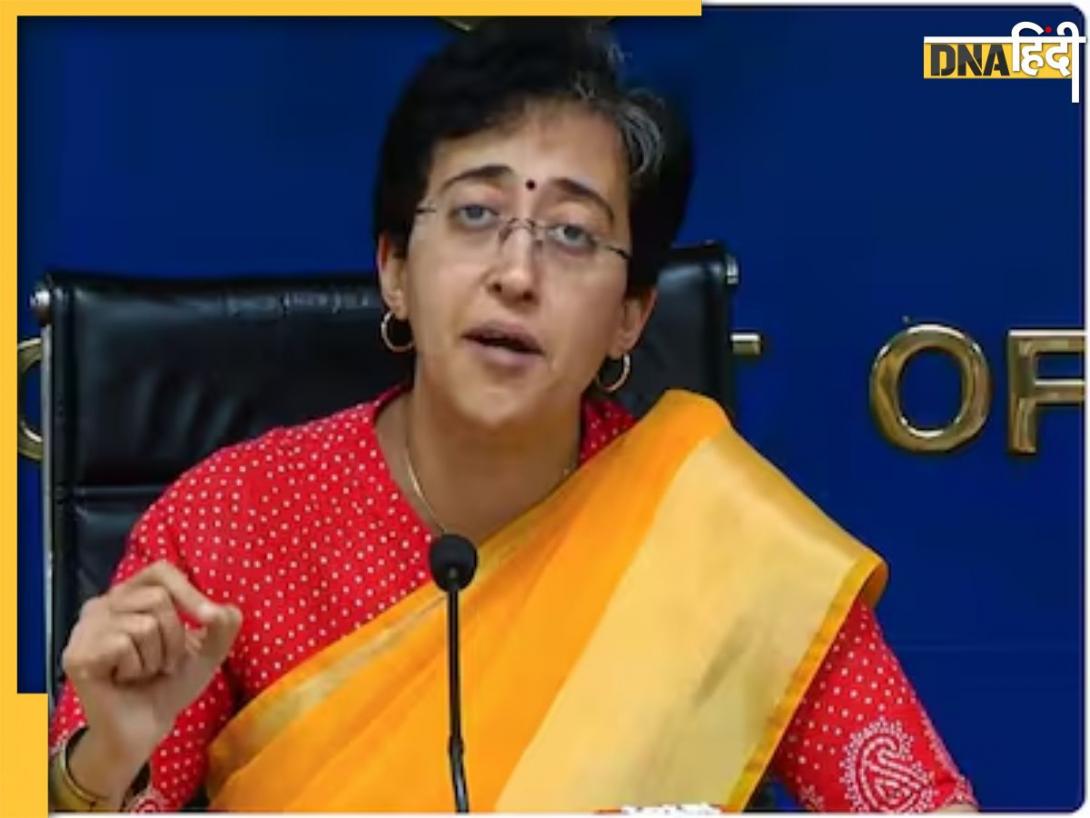




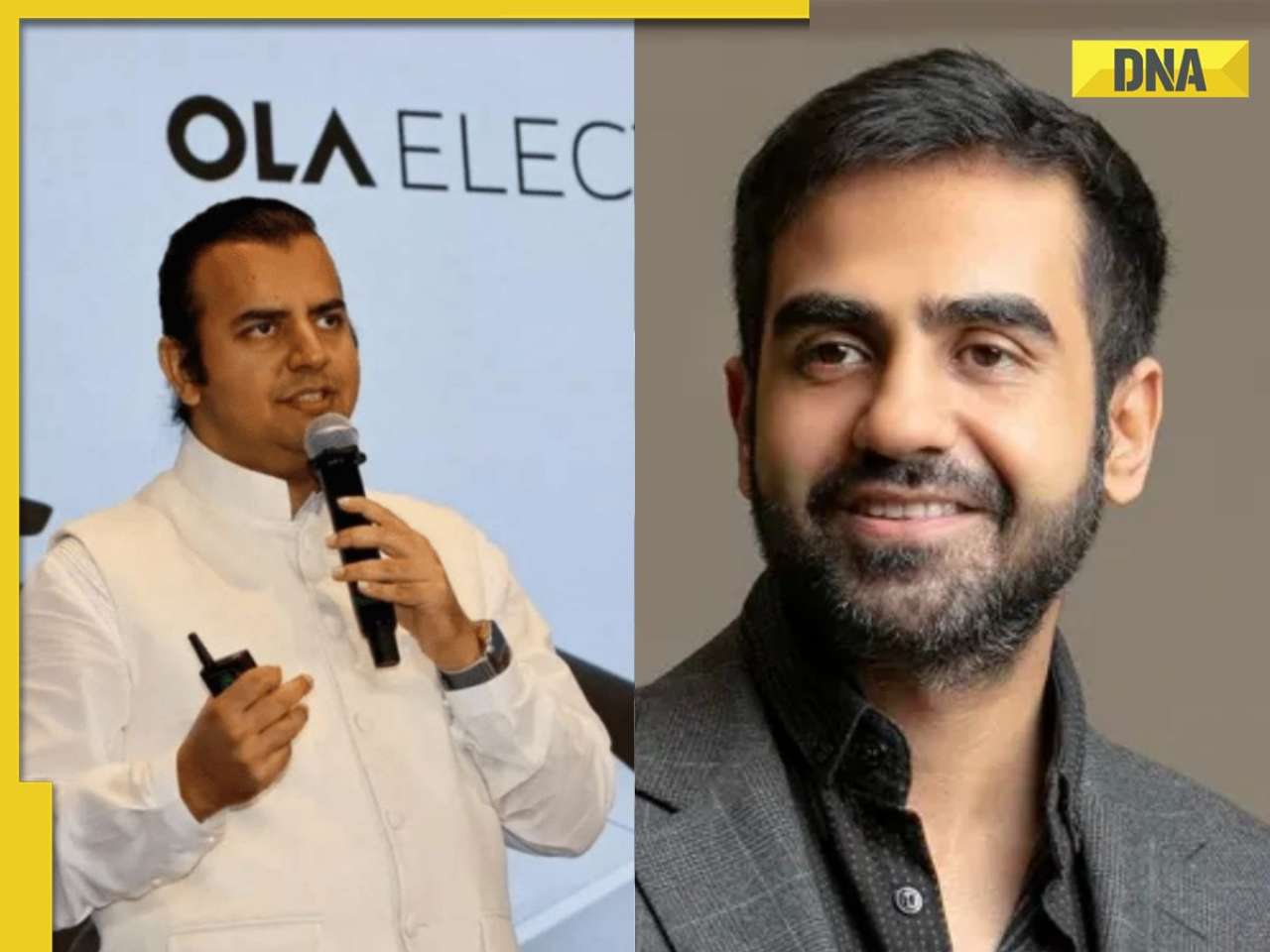

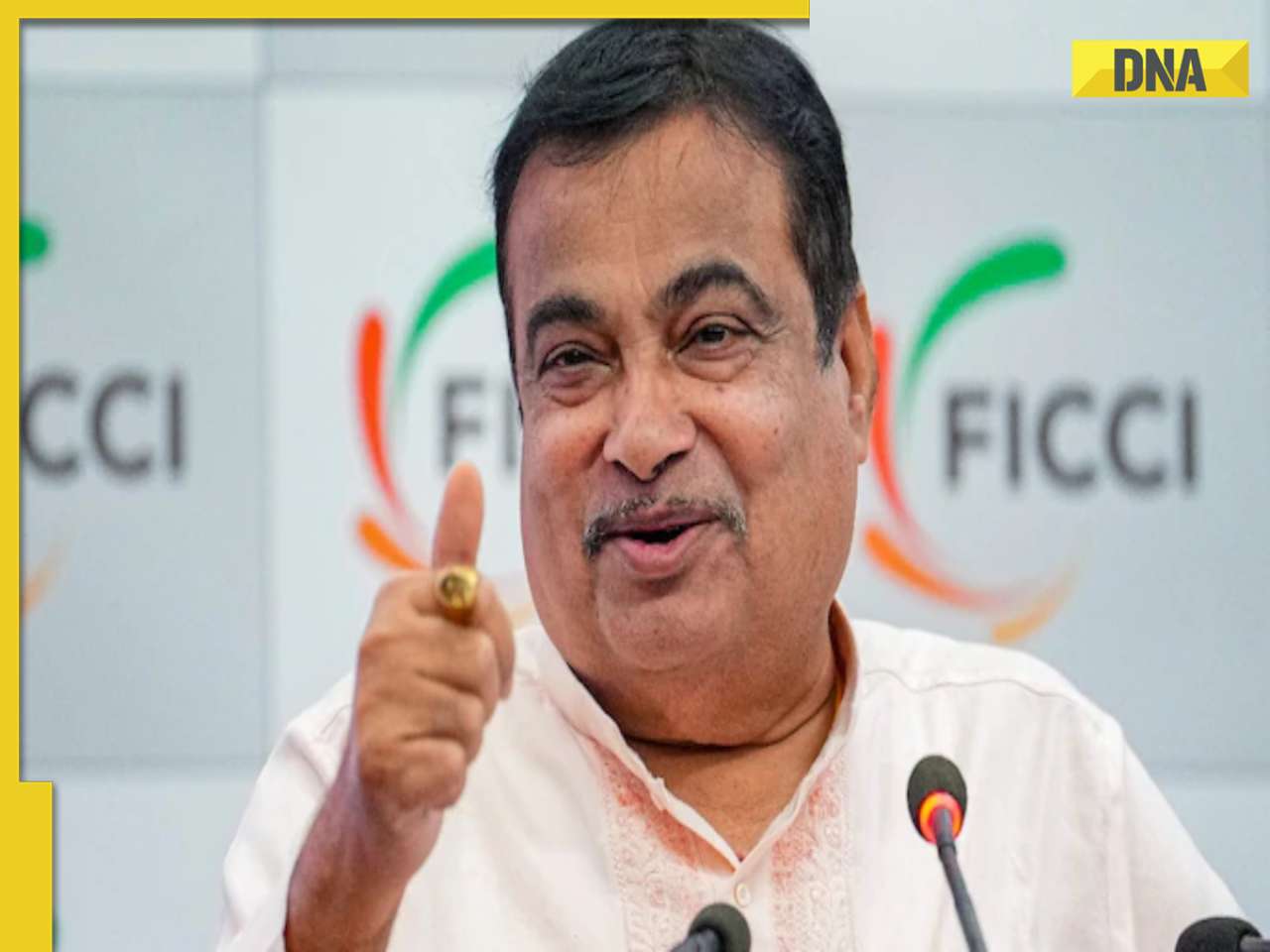










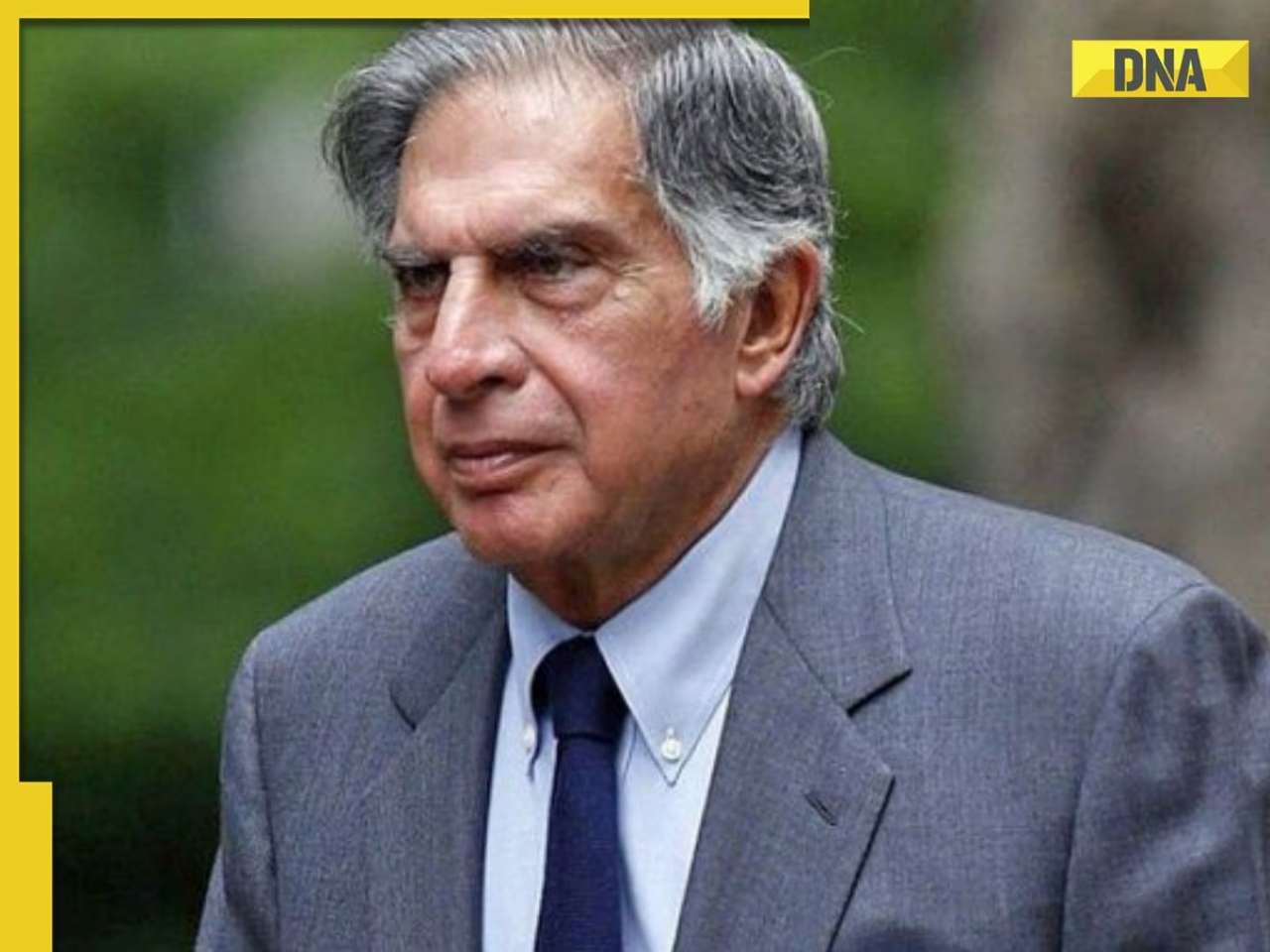











)
)
)
)
)
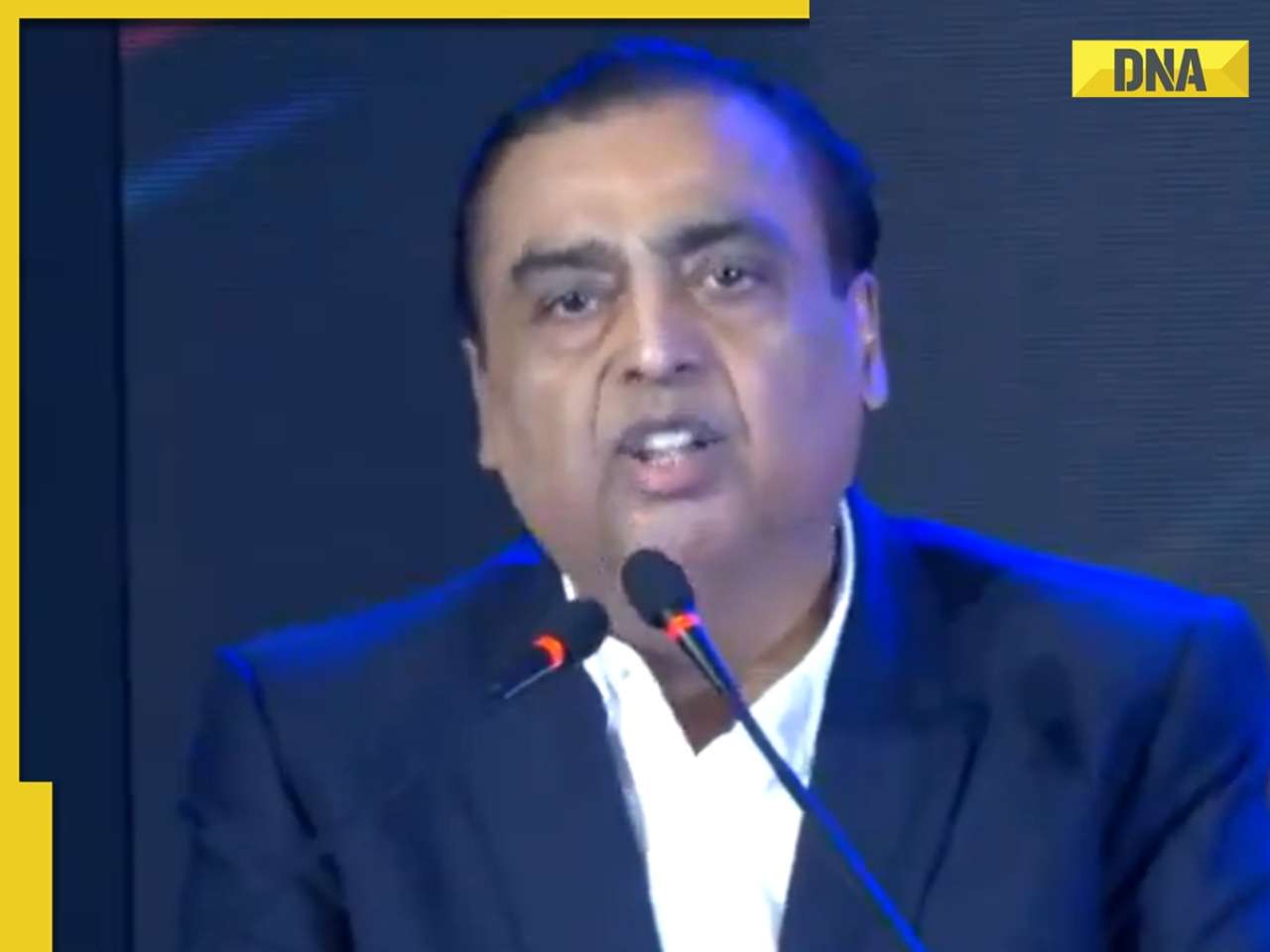)
)
)
)
)
)
)
)
)
)





)
)
)
)
)
)